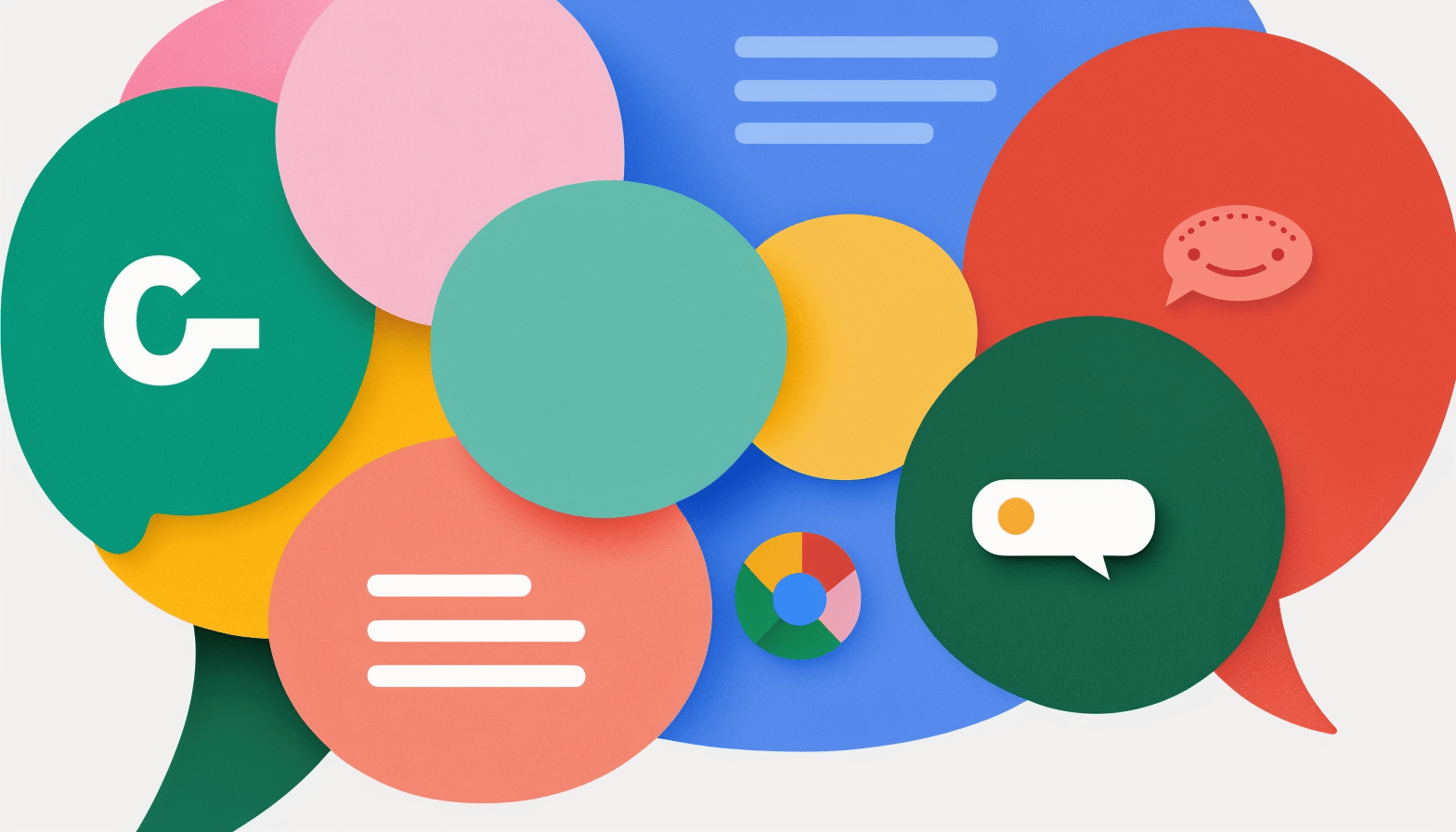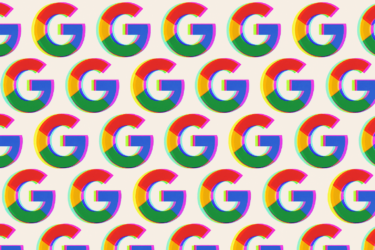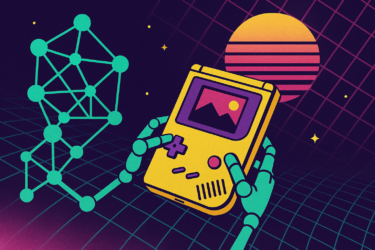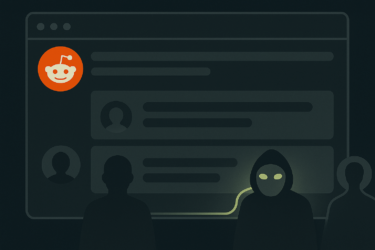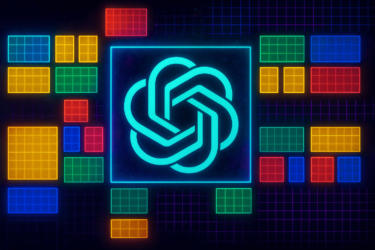Google Search and AI chat Bard will remain separate products.
Microsoft wants to gain market share in the search business with ChatGPT in Bing. Some expected, and Google even hinted, that its AI chat Bard would become the ChatGPT counterpart for Google Search. But the search company seems to have changed its plans.
"Bard is not search"
In an internal Google team meeting, Bard's lead developer Jack Krawczyk discussed the product and possible applications. He wanted to clarify that Bard is not search, reports CNBC, which had access to the meeting details.
Bard is "an experiment" and a "collaborative AI service," Krawczyk said in response to an employee's question about why Google would think of integrating a technology that invents information into a service designed to find real information.
However, Krawczyk acknowledges that Google cannot prevent users from using Bard as a search engine, and that these users will also be catered to with a separate "Search It" feature that is being tested internally.
Apparently, Google is planning a metric that indicates the machine's confidence in the correctness of an answer, as well as offering a choice of results. For queries with a clear search orientation, the product will remain search, Krawczyk said.
Google sees Bard as an experiment
Google's chief search engineer, Elizabeth Reid, echoed Krawczyk's statement. Google uses large language models in search and continues to experiment with them, but at its core, search should remain as it is, she said.
Google CEO Sundar Pichai also described Bard as "experimental". He said it's important to recognize the product's limitations. Bard specializes in conversing with users, he said, a skill that will improve over time. A product like Bard will get better as people use it, a "virtuous cycle," Pichai said, and Google intends to continue investing in product development.
It is not clear from the information provided at the meeting when Bard will be rolled out on a larger scale. According to Pichai, the fact that it was officially announced at all has to do with the reality that early testing with "external trusted testers" could lead to leaks, and Bard needed to be positioned in advance. When Bard is officially released, it will be clearly labeled as an "experimental" product, Pichai said.
Unlike Microsoft, Google has little financial incentive to change its search business with a chat interface. Microsoft, in contrast, is being as aggressive as possible in rolling out the new Bing chat despite knowing about the issues with the system, because it has nothing to lose in search. This makes for an interesting competition.
Besides the financial component, there is also an ethical element to a slow rollout, as chat systems or large language models can generate false information or even become abusive. Google reportedly wants to be more cautious in rolling out Bard than Microsoft was with the Bing bot.
